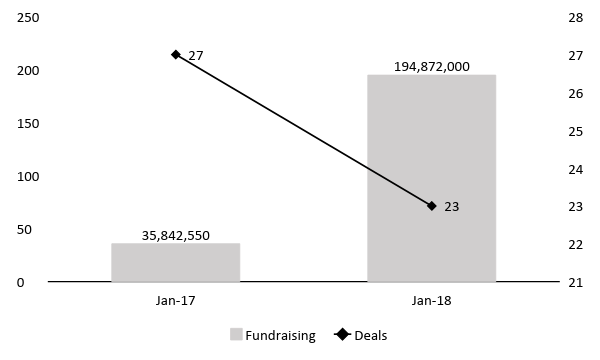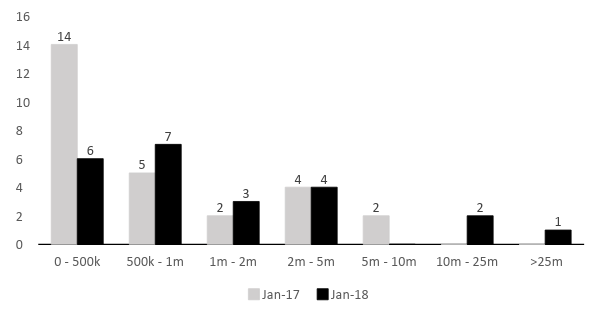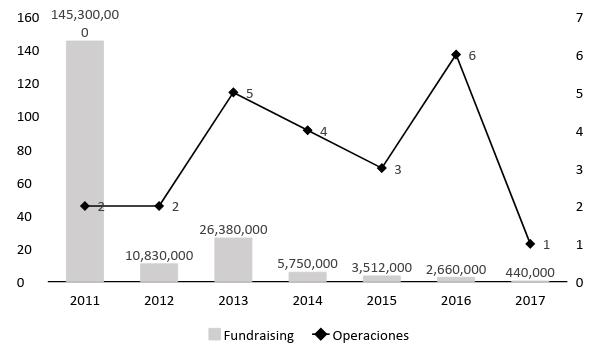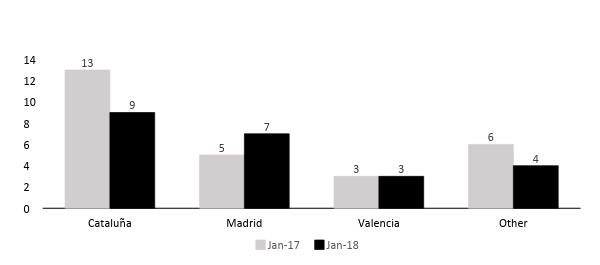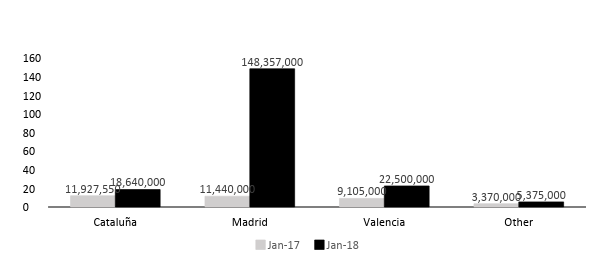In itnig’s Podcast #25 Bernat Farrero, CEO at itnig, talks with Javier Llorente, an old friend of itnig and investor of itnig and Quipu & Camaloon investor about how he became a professional investor from scratch.

At itnig every Friday we sit down to talk with interesting people whom we meet throughout the week and we make a podcast (in Spanish) out of our conversations. You can listen to it on iTunes, subscribe to our channel on Youtube or enjoy it through iVoox.
For this Podcast #25 Bernat Farrero, CEO at itnig and Javier Llorente come together to talk about the beginning of his career, the founding of Grupo Intercom and subsequent investments.
Javier is a professional investor, the European Found of Investment (who invests alongside Javier) names him the most active investor in Spain with more than 40 investments. We talk with him about his beginnings?
Javier, how did you start?
I started working when I was 14 years old to contribute to my family’s economy. When I 16 years old I joined the Banco Vizcaya even before it fused to become BBVA. However it was not a job I liked, the days were long and it was boring to me. (Actually I studied clinical psychology but have never practiced).
It was at a time where you said: ‘Internet — what’s that?’
How did you start working with Antonio González-Barros?
When I left the bank I started working in a school focussed on technology. Antonio was the neighbour of the school were I worked and that’s how we were introduced. Antonio was introduced to Axel Serena, a youngster at that time who had lived in the USA and was the first to tell us about Internet. He told us about Internet at a time when in France people were using Minitel.
In May 1995 we founded Intercom as internet provider. Antonio brought together 30 friends, who were all fascinated by email.
In 2000, before the crisis started, Intercom was bought as one of 10 Internet providers but in these past five years other than the Internet provider we had started different classified sites like Softonic of Infojobs.
On Infojobs uploading your CV was free but the companies publishing job offers were paying for the service. After the first three offers we had different ad packages for companies. Monster, leader on the US market, spent an enormous amount of money on the market but there was not much they could do. Infojobs kept growing and became a monopoly.
From then on this was our success at the new Grupo Intercom: To achieve that these classified sites converted into leaders in their category. Softonic for Software, Infojobs for the job market and later on Emagister.
Did you start investing after selling Intercom STA (Servicios Telemáticos Avanzados), the Internet provider?
Yes, we invested in new businesses, some went well others didn’t. There were some business models that had worked in the past but were hard to replicate in 2008/2009.
I remember that in ten years 1999 to 2009 the value of a participation in Infojobs grew from 100 to 3124.8 Euro. in 1999 the 100 were pesetas in 2009, the 3000 were Euro. This is really hard to replicate.
What are you looking for in an entrepreneur for you to invest?
Excel sheets adapt to anything but what really counts is the person.
When you meet somebody, you see the enthusiasm, you connect on a personal level. I am looking for honesty, somebody who is engaged and is hard working. For me the important factor is the team and the entrepreneur who manages it.
I think we invest emotionally and then we rationalize.
Is it important for you to know who invests? Do you lead or co-invest?
I have been in both positions. It’s good to know who else is investing and to be able to exchange opinions. It’s important but not determinant, it’s not a sure fire rule.
Actually I think there are no rules, you kind of improvise.
As a psychologist, what is the profile of entrepreneur you are looking for?
Firstly, the attitude is more important than aptitude. With attitude alone you cannot work of course but for me attitude comes first and then the capacity to create what you want, to learn what you set yourself.
Listen to our podcast to learn more about Grupo Intercom’s beginning and development story. Learn more in this Podcast in Spanish on our Youtube channel, listen to it on iTunes or enjoy it through iVoox and subscribe to our newsletter to stay always up to date.

